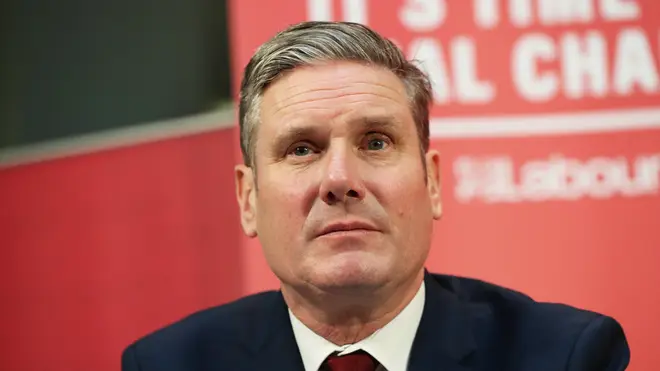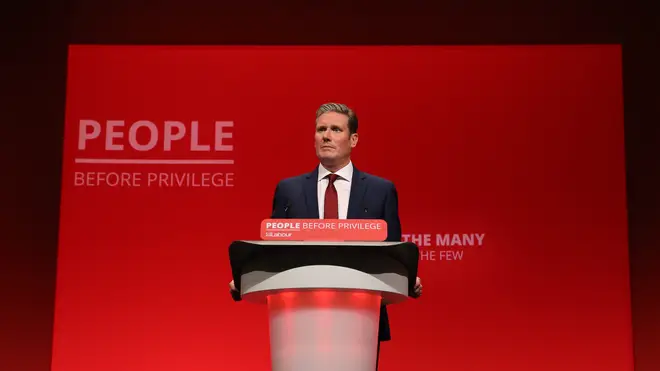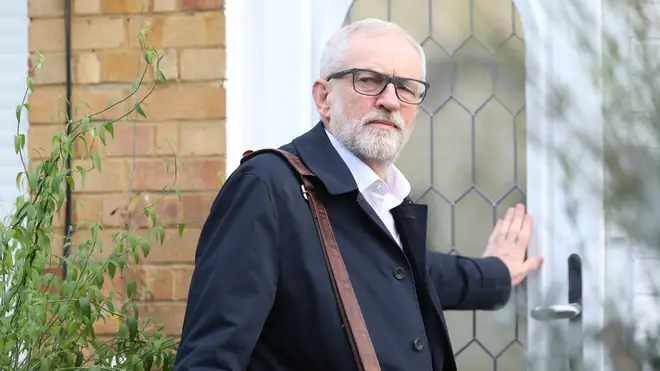
Ben Kentish 7am - 10am
18 December 2019, 08:41

Sir Keir Starmer has said he is “seriously considering” running to succeed Jeremy Corbyn as Labour leader.
The shadow Brexit secretary made a plea for the party to return to being a "broad church" and not to stray "too far from its values."
The Remain-backing former director of public prosecutions has been widely tipped to throw his hat into the ring to lead the party after its worst General Election result since 1935.
In an interview with The Guardian, he said there has been "too much factionalism" and criticised the “baggage” Labour took into the campaign.
Some Labour figures have partly blamed Sir Keir and others from the party's Remain-wing for the dire election performance in which it lost dozens of seats in Brexit-backing areas.

Sir Keir said: "There's no hiding from it. It is a devastating result, but it's important not to oversteer. The case for a bold and radical Labour government is as strong now as it was last Thursday. We need to anchor ourselves in that.
"I want trust to be restored in the Labour party as a progressive force for good: and that means we have to win. But there's no victory without values."
He told the newspaper that Labour failed to sufficiently combat the Conservatives' simple slogan to "get Brexit done".
"We should have taken it down. Frankly I'd have liked to opportunity to have done it," he said.
Sir Keir is the only man who is widely-tipped to run for the top job. He is likely to face a field of candidates vying to be the first woman to lead Labour.

Shadow business secretary Rebecca Long-Bailey is being viewed as the continuity candidate to resume Mr Corbyn's style of left-wing politics.
Sir Keir said: "I don't think anybody would call me a Corbynista, but I'm a socialist," Sir Keir added.
“I don’t need somebody else’s name tattooed on my head to know what I think.
“A Labour party that strays too far from its values, loses. In the end, the Labour party strayed too far from its values between 1997 and 2010.
“In 2010, we thought because they’d won the election, they’d won the argument about austerity – they hadn’t.
“We thought in 2015 because they’d won the election, they’d won the argument about welfare – they hadn’t.
"We mustn’t make that mistake again.”